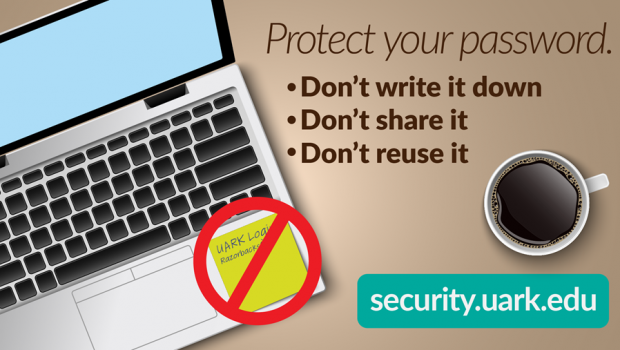Cybersecurity Focus: Know How to Secure Your Accounts
A recent survey by Third Party Trust, a risk assessment and management enterprise, found that a third of Americans have had accounts compromised, potentially exposing their personal data to cybercriminals.
Despite this alarming statistic, the same survey shows that 63 percent do the bare minimum to meet requirements for passwords so they can move on with the task. The bare minimum password requirements can have major consequences as cybercriminals can use this to their advantage. Many people have multiple devices and provide sensitive data with passwords on various web forms.
Taking a few moments to ensure the following password standards are met can increase the security of both your personal and professional data:
-
Use a unique password for each account. This ensures if one account is compromised, the others are not. A password manager can help you manage unique passwords across all your online accounts.
-
Enable multi-factor authentication on all your accounts. At the university, multi-factor authentication already protects your accounts. Adding it to your personal email, financial and social media accounts can help protect you online.
-
IT Services recommends passphrases. A passphrase is like a password in practice; however, it is usually made up of multiple words containing a combination of case-sensitive letters, numbers and special characters (for example, "1 Sm@ll Step 4 M@n."). Please do not use this example as your passphrase.
-
Never share or write down passwords.
Securing our campus community is an ongoing effort as cybercriminals continue to evolve their methods. In this era of persistent cyber threats, our university can be secure only with the active participation of everyone. Simple steps like securing your passwords, storing data securely in OneDrive, and avoiding and reporting suspicious messages can go a long way toward protecting our online campus community. To learn more, visit the Cybersecurity Checklist.
If you have questions or need assistance, contact your local IT support or the IT Help Desk.








Gloss